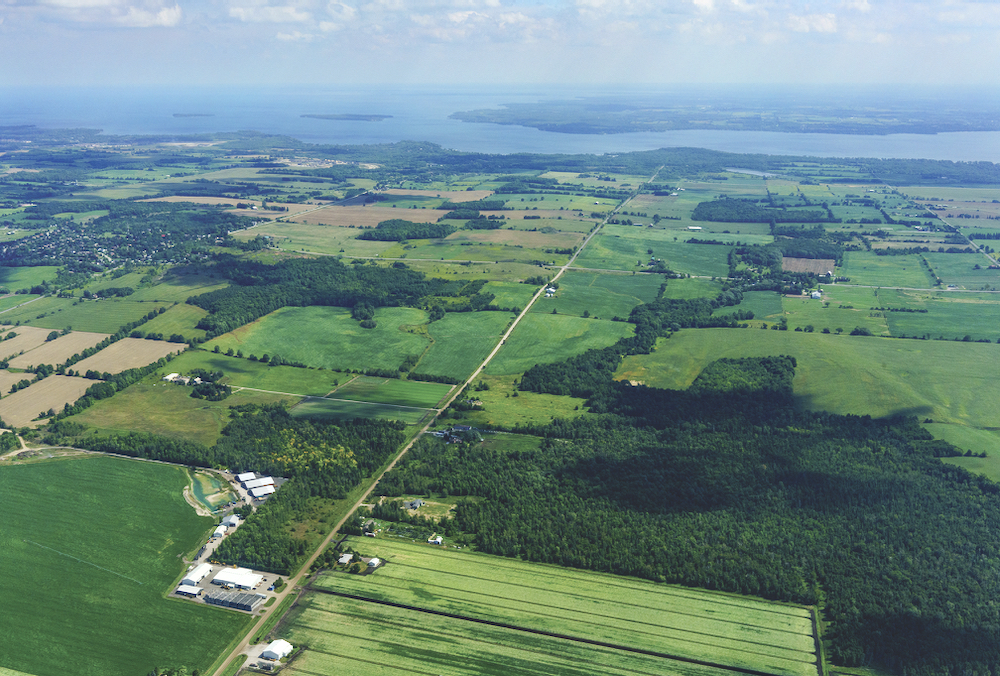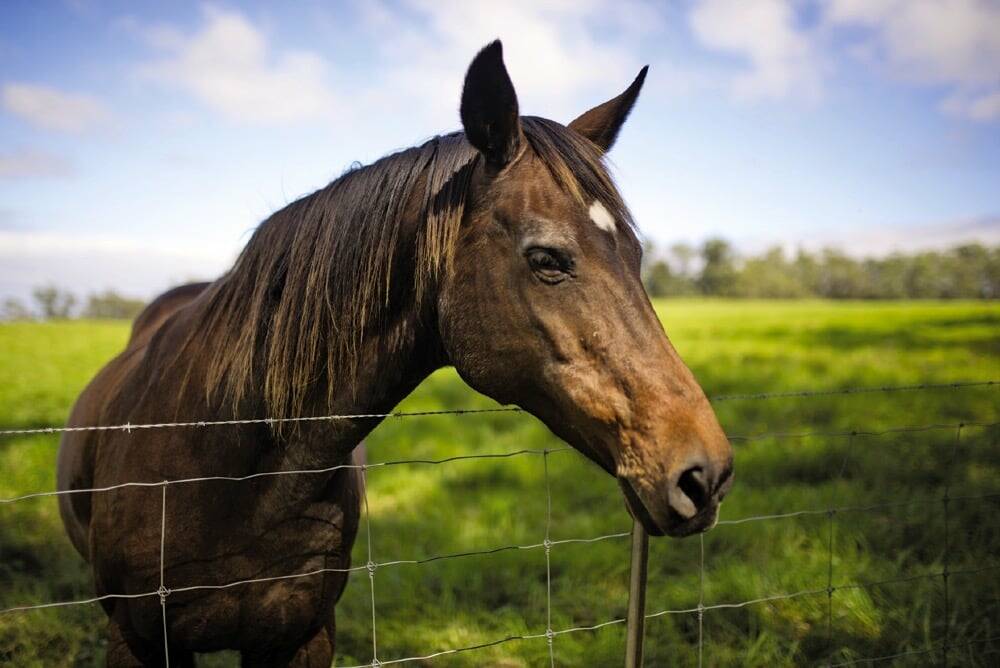‘Foodbelt’ legislation to be tabled by Ontario Greens and Haldimand-Norfolk MPP

The Ontario Greens and independent Haldimand-Norfolk MPP Bobbi Ann Brady have pledged to introduce “Foodbelt” legislation to protect Ontario’s farmland.
“Ontario loses the equivalent of nine family farms each week to urban sprawl, aggregate mining, and expensive highways like Highway 413,” said Mike Schreiner, leader of the Ontario Green Party, in a release.
Why it matters: The proposed bill would protect agricultural land in food production areas across Ontario.
Read Also


Study will explore economic impact of Ontario equine industry
The Ontario Harness Horse Association/Ontario Equine Educational and Employment Program (OHHA/OEEEP) has launched a comprehensive economic impact study of what it calls “the vast and diverse Ontario equine agricultural sector.”
Schreiner said that global trade instability and the need to tariff-proof Ontario’s economy begins with protecting Ontario’s farmland to defend food sovereignty, the food and farming economy, and the ability to feed Ontarians and Canadians.
“Now is the time to protect our farmland, support our farmers, and grow more food right here at home,” Schreiner said. “Food security is national security — because without farms, there is no food, no future.”
Brady said protecting agricultural lands has long been her passion, reflected in the Farmland and Arable Land Strategy Act (Bill 62) she introduced in 2023, which was voted down by Premier Doug Ford and the Progressive Conservatives.
“To feed ourselves, we must cease and desist this constant subtraction of arable land,” she said, adding Ontario loses approximately 320 acres of farmland daily. “I’ve been loud and clear on this for years now.”
If passed, Schriener and Brady’s joint bill will establish a task force to develop a comprehensive Foodbelt Protection Plan report comprising farmers, agricultural experts, and land-use planners to address key priorities, including reducing land speculation, improving soil health, and enhancing and protecting farmland.
Representatives from the Ontario Federation of Agriculture, the National Farmers Union of Ontario and the Christian Farmers Federation of Ontario support the announcement.
“Farmland is a finite resource, and it is the most critical resource for a high standard of living. No farmland, no food,” said Max Hansgen, NFU-O president, in the release. “This bill is a great step towards ensuring the future well-being of the people of Ontario.”
Drew Spoelstra, OFA president, said the bill’s goal to identify strong and viable prime agricultural areas across the province is a positive step forward in promoting and protecting farmland and the agriculture industry’s economic value.
“They’ve put forward a potential solution here to advocate to the Minister of Agriculture with a panel of experts on how to go about that,” Spoelstra told Farmtario. “I think anybody involved in agriculture and food production should be supportive of good land use policy, and this is one of those things that, if it’s implemented, will help us down the road in terms of protecting what’s most important.”
Martin Straathof, Ontario Farmland Trust executive director, said in the release bold systemic action to limit non-agricultural development on farmland is urgently needed.
“The establishment of a legislated ‘Foodbelt’ represents a meaningful step toward recognizing farmland as an asset essential to our province’s long-term food security, economy, and resiliency,” he said.
Ontario’s agriculture sector employs one in nine Ontarians and contributes $50 billion to the province’s economy.
Source: Farmtario.com


